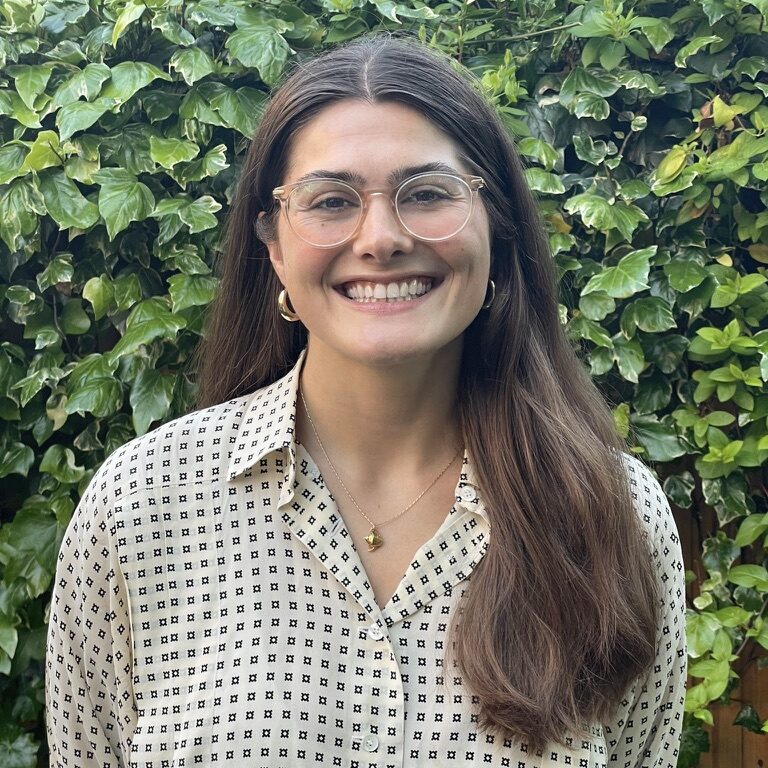State and local governments across the US are evaluating artificial intelligence (AI) tools to improve systems and operations for the public’s benefit.
As part of this process, these civil servants are focused on hiring people from the tech field who have the deep knowledge and experience to assist with developing ethical AI processes, managing AI procurement, and advising on AI policies.
The Challenge
Technologists moving from industry to government hope to serve the public and better government systems with their expertise. Yet, they quickly learn that government operates much differently than the private sector and often struggle with the slower timelines and detailed processes.
These new civil servants may be the only people in their team or department with a technology skillset. This can lead to feelings of isolation, a loss of motivation, and early departures of these critical employees, preventing governments from having a firm and sustained grasp on their AI strategy.
Our Approach
To support the success of these technologists-turned-civil-servants, Aspen Digital and the Aspen Policy Academy are hosting the Rising Civic AI Leaders Initiative. This is a free, part-time, unpaid virtual program that teaches AI and emerging technology professionals who are new to government how to have policy impact. The leaders participate in an immersive, 3-month virtual policy training course that teaches core skills, including policy writing, public speaking, stakeholder mapping, and solution scoping.
We hope to level what is a traditionally steep learning curve for entering government while also building a strong community of civic AI leaders and mentors from across the country.
Meet the Rising Civic AI Leaders

Aaron Garber-Paul
Equity Data and Policy Analyst, Office of Equity and Human Rights, City of Portland, OR

Keerthy Reddy
AI and Emerging Technologies Fellow, City of Seattle’s Information Technology Department

Rohan Sharma
CEO of Zenolabs.AI, author of “AI and the Boardroom,” and Chair of Trustworthyaiindex.org
Follow Along
Tech to Government
With the quick advancements of AI-powered systems, many industry experts are taking the tech-to-government journey to state and local.
Support Our Work
If you would like to help support or otherwise get involved with the program, please reach out.




















